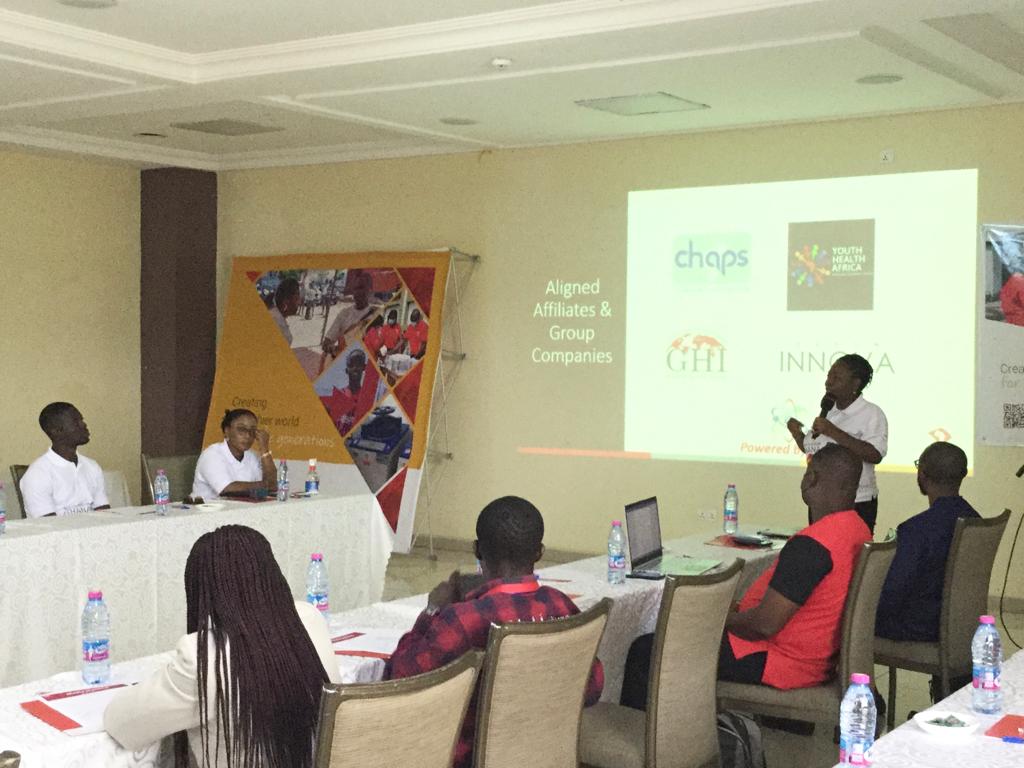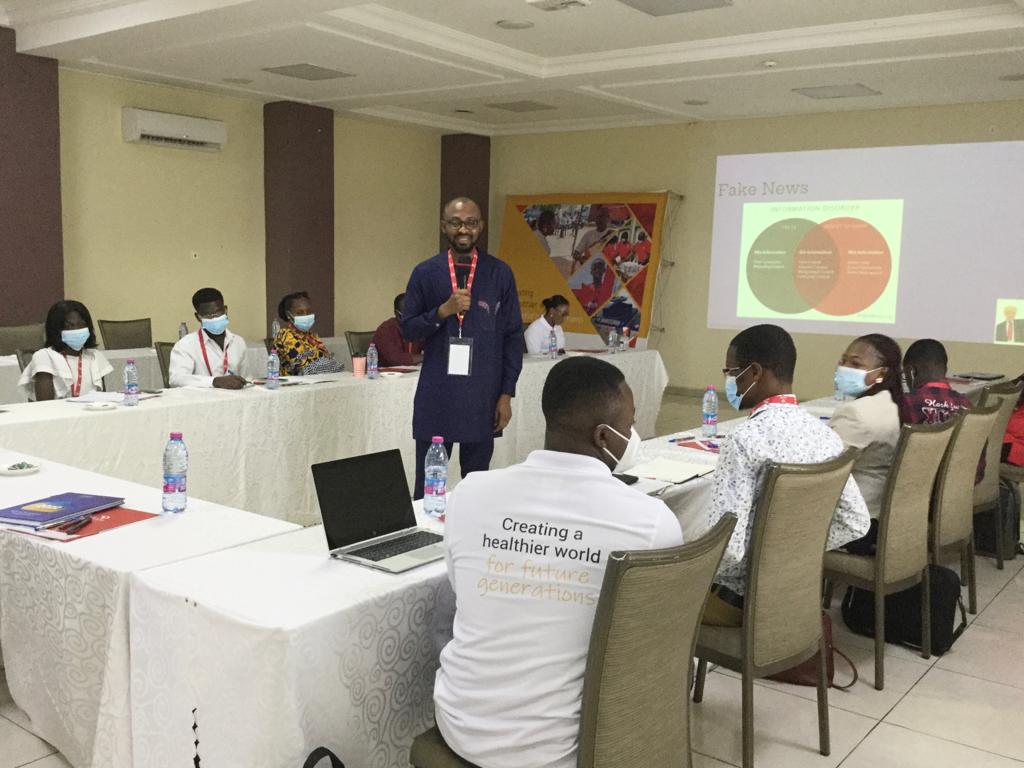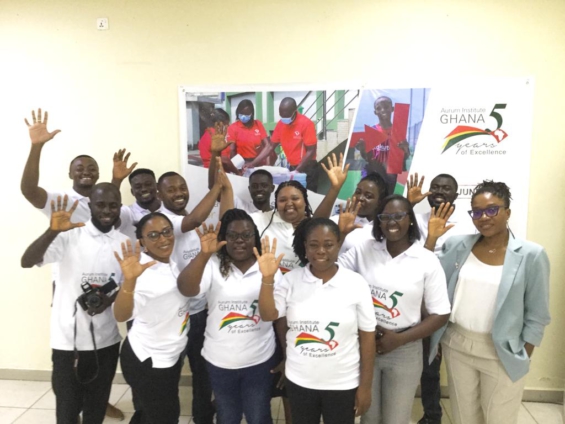
Audio By Carbonatix
The Acting Country Director of Aurum Institute, Ghana, has advised journalists who write on health-related issues to seek the correct information from health professionals before putting it in the news since the news-consuming public mostly takes everything they say as the truth.
Jabina Anaman, speaking at a day’s training workshop for journalists as part of its fifth anniversary in Ghana.
He said news consumers have very little or no access to medical professionals to help cross whatever information journalists put out.
"So, in that respect, it is important that any health-related information the journalists put out should be correct since anything less could harm the consumer.

“You (media) are more trusted regarding information dissemination, so we are confident this training will equip you with the right skill set to inform the public on the right health issues appropriately.”
Aurum Institute Ghana is a pan-African organisation working to advance health science and innovation, through research and policy formulation, for the greater good of the public.
Aurum Ghana is part of the Aurum Institute group, which has its head office in South Africa, with offices in Mozambique, eSwatini, Lesotho and the United States.
Since it started in 2017, the institute has collaborated with the Energy Ministry and the Ghana Health Services to champion healthcare systems toward early detection of Tuberculosis and HIV-related health problems in selected communities.
It has also collaborated with health delivery institutions in the private sector to deliver quality healthcare for the population.

Through its UNITAID-funded IMPAACT 4th project, the institute is scaling up TB preventive therapy in the country, using the 3HP, which helps control TB infections.
Other speakers at the day’s training workshop were Rabiu Alhassan of Fact Check Ghana.
The former journalist advised his colleagues to thoroughly fact-check medical information that comes to their desks before going public.
He reminded the journalists of the potential effect misinformation, or unverified medical stories could have on the public and appealed to them to be circumspect in their information.
Programmes Manager of Aurum Institute Ghana, Nana Kofi Quakyi, also reminded the journalists to be mindful of the kind of Covid-related information they put out.
He said the media has a greater responsibility in the ongoing efforts to educate the public on the importance of vaccination.
Therefore, he advised them to be careful about fake vaccine reports.
Latest Stories
-
Legal Green Association reviews first year of Mahama administration, cites economic relief and governance reforms
3 hours -
Technical Students’ Union kicks against Scholarship Authority Board over absence of student representation
3 hours -
Tanyigbe royal houses challenge the legitimacy of Togbega Kodi Adiko VI
3 hours -
Gender Ministry warns public against fake GH¢1,350 ‘National Family Support Allowance’ scam
3 hours -
Vice President opens 93rd Jalsa Salana in Gomoa, reaffirms gov’t commitment to inclusive development
4 hours -
Five remanded after pleading guilty in assault of Kade SHTS tutor
4 hours -
Police arrest two more suspects in Adabraka Gold shop heist
5 hours -
Arise Ghana to picket at American Embassy demanding repatriation of Ken Ofori-Atta
5 hours -
President Mahama commissions ultra-modern digital printing centre at Ghana Publishing
5 hours -
Ofori-Atta applied for US stay extension on medical grounds – Lawyer
6 hours -
AFCON 2026: Senegal, Mali clash in quarters as hosts Morocco face Cameroon
6 hours -
Gov’t to award major textbook printing contracts to Ghana Publishing
6 hours -
My father’s statue should remind us to live by his ideals — Zanetor Agyeman-Rawlings
6 hours -
Bawumia on course to secure over 65% in NPP presidential primaries – Egyapa Mercer
6 hours -
President Mahama backs GPCL’s push to become leading printing brand
6 hours

